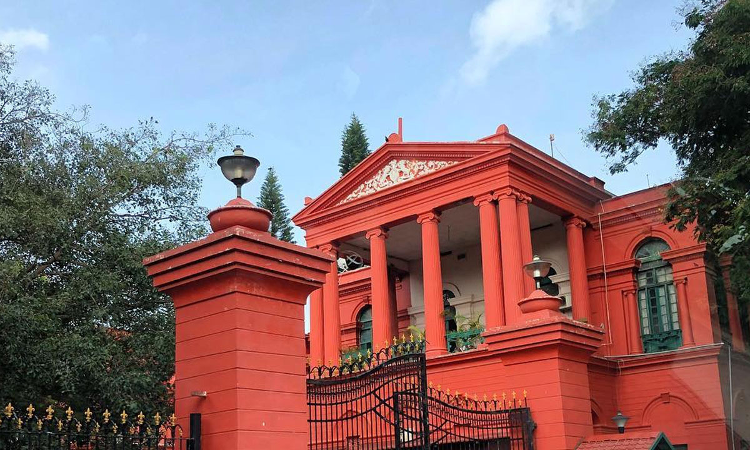The Karnataka High Court has dismissed a public interest litigation seeking directions to the State to reacquire the land allotted to M/s Graphite India Ltd., which had to close down its operations after several complaints were made by the residents of the locality with regard to the pollution caused by its functioning. A division bench of Acting Chief Justice Alok Aradhe and Justice...

